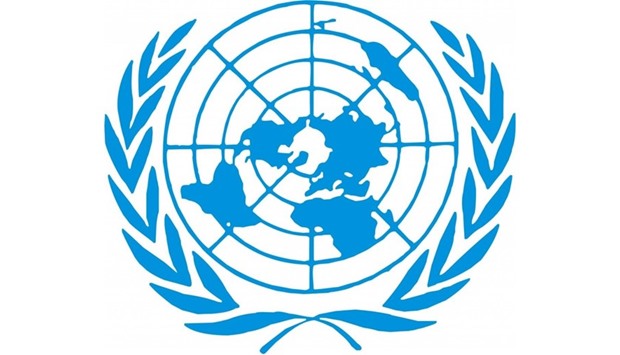The United Nations has praised Qatar’s efforts to implement the Doha Declaration on Crime Prevention and Criminal Justice, considering that the global programme for the implementation of the declaration is a unique initiative in the history of international conferences on crime prevention.
John Brandolino, Director, Division for Treaty Affairs, UN Office on Drugs and Crime, said at the meeting organised by the International Organisation to brief its members on the progress made in implementing the declaration of the 13th Congress on Crime Prevention and Criminal Justice held in Qatar in April 2015, and that the global programme for the implementation of this declaration is a unique initiative in the 60-year history of the organisation’s crime prevention conferences, which was generously funded by the host country of Qatar. The programme has entered the project completion stage and has reached more than 13,000 stakeholders in more than180 countries.
For his part, HE Sheikh Ali bin Jassim al-Thani, Qatar’s ambassador to Austria and its Permanent Representative to the UN organisations in Vienna, called for the integration of crime prevention and criminal justice into the organisation’s expanded agenda to address social and economic challenges and promote the rule of law at the national and international levels and public participation, stressing that the conference and its declaration had become a landmark in the history of crime prevention conferences at the global level.
The ambassador noted that Qatar’s hosting of the 13th Conference on Crime Prevention and Criminal Justice three years ago, comes from the assumption of its international responsibility, its keenness to achieve criminal justice and the establishment of safe societies governed by the rule of law and the principles of freedom and justice, as well as progress towards the achievement of the sustainable development goals of 2030. The State of Qatar, in co-operation with the United Nations Office on Drugs and Crime, has decided to put the Doha Declaration/Recommendations into action by funding a wide-ranging global programme to help countries achieve a positive and sustainable impact, based on four main pillars including juvenile crime prevention through sports, rehabilitation of prisoners, integrity of the judiciary and the Education for Justice initiative.
HE Sheikh Ali bin Jassim al-Thani, pointed out that more than 180 countries, most of them from developing countries, were benefiting from the global programme emanating from the Doha Declaration, expressing Qatar’s gratitude and appreciation for the efforts of officials at the United Nations Office at Vienna to organise the briefing to Its implementation of the recommendations contained in the present Declaration, and thanked the representatives of the member-states of the United Nations for their contributions in that regard.
The Doha Declaration established fair and humane criminal justice systems and reinforced the interrelationship between the rule of law and sustainable development, the ambassador underlined, expressing confidence that all member-states have the political will and determination to implement the recommendations of this declaration and turn them into a programme of action that serves and protects societies against organised crime, corruption, terrorism and drugs, and promotes the sustainable development of the peoples of the world.

